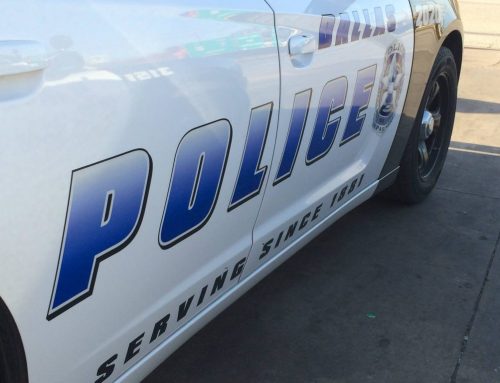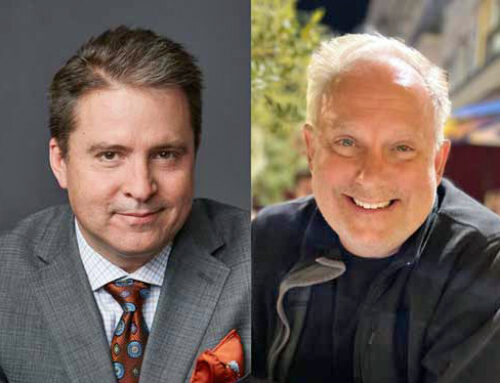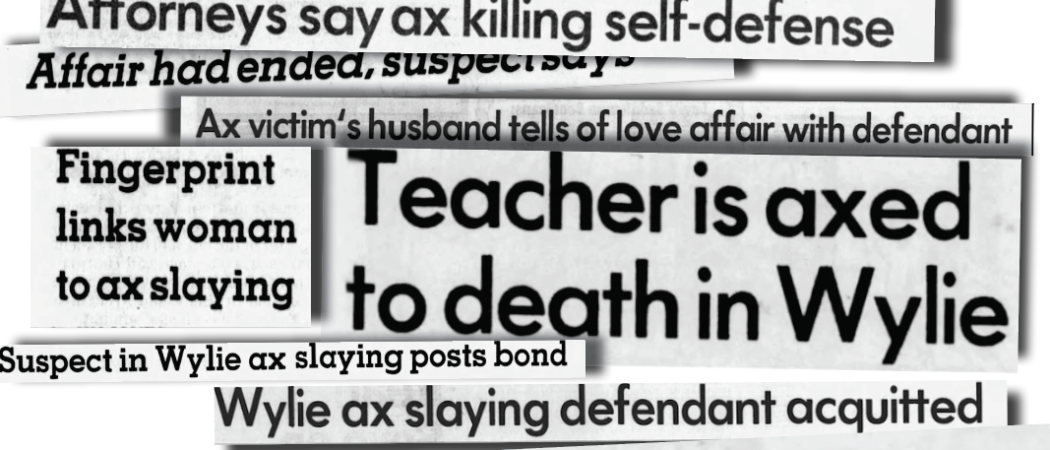
Robert Udashen was 27 in 1980 when the partners at Crowder Mattox law firm called on him to strategize one of the most high profile and legally intriguing defense cases in Texas history.
Alongside the late Don Crowder and associate Elaine Carpenter, Udashen successfully argued self defense for Candy Montgomery, the wife of a Texas Instruments engineer who axed her lover’s wife Betty Gore to death with a reported 41 blows.
Crowder is widely recognized in TV shows as Candy’s attorney, but he had never practiced criminal law prior to the Montgomery case. Much of the footwork fell to Udashen, the firm’s only criminal law specialist.
Today the Udashen Anton firm near Park Lane and Central Expressway boasts a roster of respected criminal defense attorneys, and Udashen — after a long career that included decades of teaching at Southern Methodist University — has semi-retired to North Carolina.
The Candy case, which captured the public interest 40 years ago (the book Evidence of Love and its made-for-TV movie came out in the ’80s), is still captivating audiences.
Hulu’s five-part series Candy starring Jessica Biel is available now. HBO’s Love and Death, due for a fall 2022 release, is based on Texas Monthly’s “Love and Death in Silicone Prairie.” (Silicone Prairie refers to the Lake Highlands and Richardson corridor where large technology corporations such as Texas Instruments are located.) Udashen has consulted on both shows and has appeared in episodes of Snapped and People Magazine Investigates.
Udashen speaks with the Advocate from his house in Asheville.
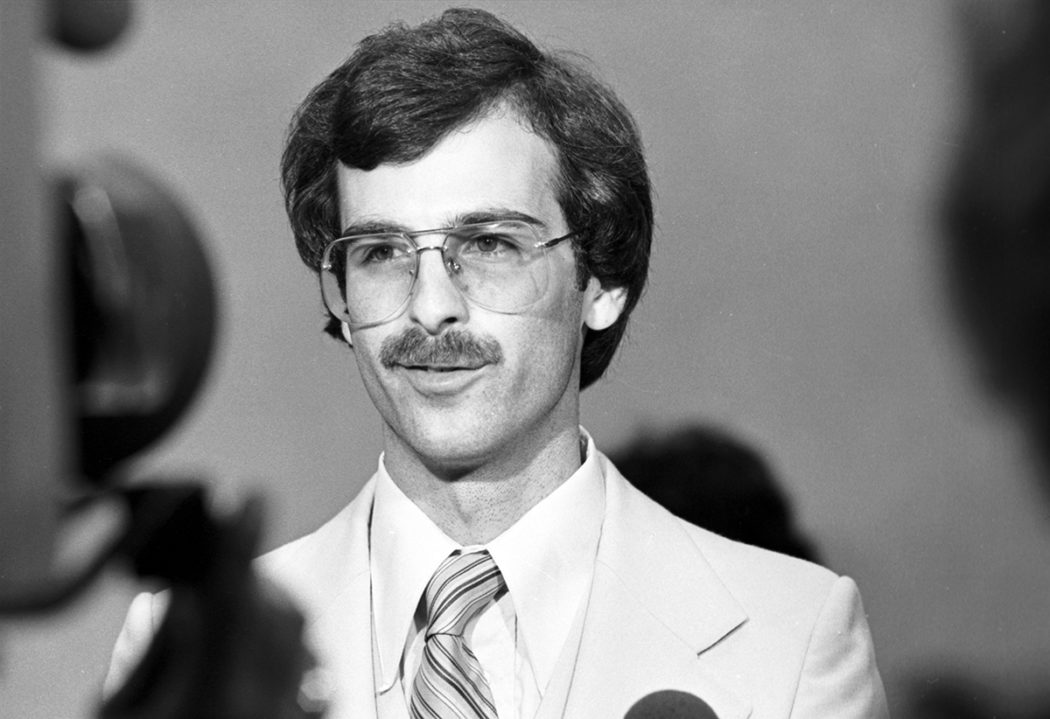
Photo courtesy of Fort Worth Star-Telegram Collection, University of Texas at Arlington Libraries.
Why is everyone still so engrossed in this case?
It’s a really interesting story. You’ve got an affair. An ax murderer, which is unusual. It’s involving two women, which is unusual. So there’s the makings of a good movie or TV show in there. Why it’s all coming back right now, I don’t know.
What did Hulu’s Candy get right and wrong?
There are a lot of things, particularly around the trial, that are not quite accurate. For the series, they had to condense the trial. But it gives you a misleading impression of what happened at the trial. Some of that is just artistic license. And they’re condensing everything all together. But being someone who actually participated in it, I don’t like to see it portrayed inaccurately.
What most bothered you?
There are a lot of things, particularly around the trial, that are not quite accurate. For the series, they had to condense the trial. But it gives you a misleading impression of what happened at the trial.
Some of that is just artistic license. And they’re condensing everything all together. But being someone who actually participated in it, I don’t like to see it portrayed inaccurately.
How did the case come to your firm?
Don knew Candy from church. They both went to the Methodist church. When Candy first goes to talk to the police, before we’ve been hired, she mentions to Don that the police want to talk to her. He says “you don’t have anything to worry about” so she talks to the police. Then they wanted to talk to her a few days later. When it was clearer that they were looking at her as a suspect, Don told her to come in and see me because I did criminal law. Don wasn’t a criminal defense lawyer. He did civil law.
Did you know how big this case was going to be when they called you in?
This was 1980, there’s no social media, no Facebook. But what you did have is two daily newspapers, Dallas Morning News and Dallas Times Herald, and then the Fort Worth, Plano, McKinney newspapers, all the local TV stations and they all are competing for stories. So there was something on TV or radio or newspaper everyday for months.
Candy had already talked to the police twice when I came on. I knew it was gonna be big, but I didn’t know how big it would become over the next few months. I remember waking up on one morning seeing this headline on the front page of the Dallas Times Herald: “Lawyer dares police to arrest ax murderer.” I was kind of enjoying talking to press, but I do remember thinking I didn’t really mean to do that. I decided I needed to become a little more careful when choosing my words.
Was the judge (Tom Ryan) as biased as portrayed in Candy, and was Don really arrested for contempt?
Don was held in contempt twice. It didn’t really happen the way it was depicted in the show. By the time the trial rolled around, we were under a gag order not to talk to the press. But Don, right when the trial started, was standing outside the courthouse talking to the press. So Judge Ryan held him in contempt for that. Then there was an incident that occurred during the trial where Don and Judge Ryan got sideways with each other and he held him in contempt again and threw him in jail at the end of the day, which was something not allowed by Texas law. So I had to go to the Court of Criminal Appeals in Austin to get him out of jail.
Seems like judge Ryan and others were working against you — was that so?
We had to deal with a lot. For example, once they got a warrant for Candy, I negotiated an agreement with the district attorneys, and I drove her up to McKinney. I was gonna take her to the sheriff’s office and they weren’t supposed to notify the press, because we were just trying not to have a bunch of cameras and reporters there. But there’s all these people. They completely violated their agreement. I turned her in and I made arrangements to have a bondsman post the bond before I ever drove Candy up there. The sheriff wouldn’t take the bond and wouldn’t let her out. Then we had a hearing on that, and we finally got her out.
After we get her out, just a matter of two days later, Judge Ryan orchestrates this hearing, which was supposed to be about the gag order. I took Candy up there and the judge does impose a gag order, but then he launches into a hearing on whether Candy’s bond was sufficient. It was clear that the judge, DA and sheriff are all prepared for this hearing. No one bothered to tell me about it. Then they throw Candy in jail again. And then I’m under a gag order and I can’t go talk to the press. Things like that. The whole time we’re working on the case.
How much did the makers of the Hulu show consult you?
I was contacted really early on by writers and producers who I met by Zoom. The writers and I spent a number of hours talking while they were writing the script. And initially this show was supposed to star Elisabeth Moss. So I talked to her on a Zoom call. And then she dropped out. She has so many things going on. I never actually spoke to Jessica Biel.
How about the HBO show?
I worked with HBO for months. They’re going to do a much more detailed look at the trial, then Candy did.
I’ve talked to all the actors involved in the HBO series, and I was there when they were filming scenes and helping try to make the trial scenes as accurate as possible. And maybe there’s always some artistic license involved in this, but HBO did want to be as accurate as possible. And that’s what my role was during the filming, to try to make sure they were.
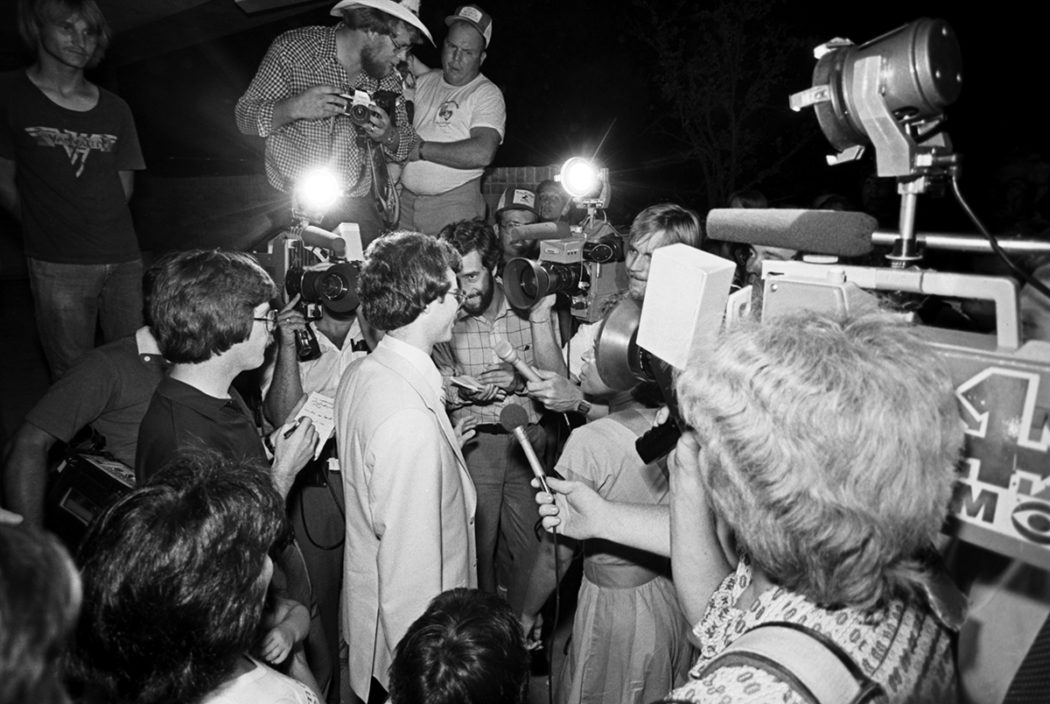
Photos courtesy of Fort Worth Star-Telegram Collection, University of Texas at Arlington Libraries.
When Candy told you the whole story, were you surprised, or what were you thinking?
I won’t say I’m surprised at that point. By then I knew she had been there, and I knew that the police had at least a fingerprint. I mean certain things tied her to the scene. But I didn’t really know exactly what happened. And so when she came out and finally told us what happened, to me it was clear that it was self defense. Now we just needed to document and put the defense together.
Were you thinking insanity defense at first?
I brought in two psychiatrists. I did want the psychiatrists to look into any kind of mental issue. That was to me just part of documenting what happened. I wanted the doctors to see if they could explain the overkill, because that was always going to be a big problem here. We could see the self defense and how it got started based on what Candy said. But there’s so many blows that I thought by the time we got to trial we’re gonna need to be able to explain why it happened.
How did Candy’s case affect the trajectory of your career?
At that point, it was clearly the biggest case I’d ever been in. And it was a great learning experience. I did so many different things in that trial. Most young lawyers never get a chance to do it. I think it put me on a path to be a really successful criminal defense lawyer. I used to, particularly at SMU when I was teaching there, give talks on the many legal issues that came up working on that case that were just fascinating and a great learning experience. So it did kind of propel my career. I was prepared to handle lots of big cases after it. But at the time, I was so young, it was really learning by fire.
Have you been in touch with Candy?
I have not talked to her in a long time, and she moved shortly after trial. It was just impossible for her to stay in the area. She couldn’t go to the grocery store without people saying something negative to her. The book Evidence of Love came out a few years after the trial, and Candy did cooperate with that book, and I think she was sorry she did. So did Don Crowder and I. But then after that. They made a movie with Barbara Hershey. Candy would not cooperate with that, and there’s been a bunch of shows since then Candy would not cooperate in.
Who were your role models as an attorney in Dallas?
I used to practice with George Milner Jr., who passed away in 2014. I just thought George was just a fine person and a great trial lawyer. So he was really a person that I tried to model myself after.
Both Jim (Mattox) and Don (Crowder) were very important.
When I first got out of law school, I worked at the prison with inmates. And when I came to Dallas, I was looking for a job — and this is probably something Henry Wade did that helped me in my career — I thought well I’ll go work at the Dallas district attorney’s office. But Wade said, “You strike me more as a criminal defense lawyer rather than a prosecutor.” And he said, “I think you should go talk to my friend, Jim Mattox.” So I went and talked with Jim and Don and they hired me to do all criminal work, so that was really the start of my criminal defense career.
What do people ask you about the most?
People want to know where Candy is and if I really think it was self defense, and I really do think it was self defense. I really believe that for these reasons. I mean, I think the jury made the absolute right decision. Even though there was a lot of hostility to that decision. Yeah, I think I think we got it right.



